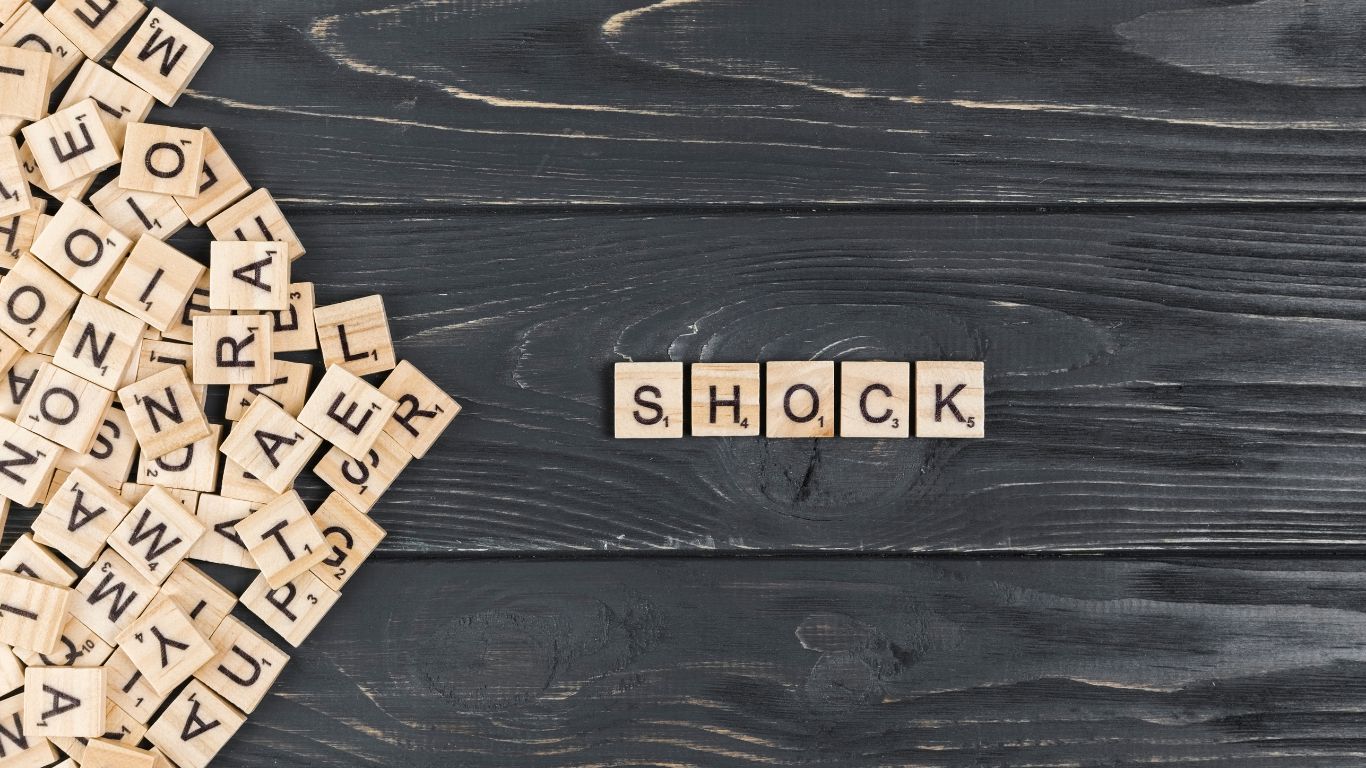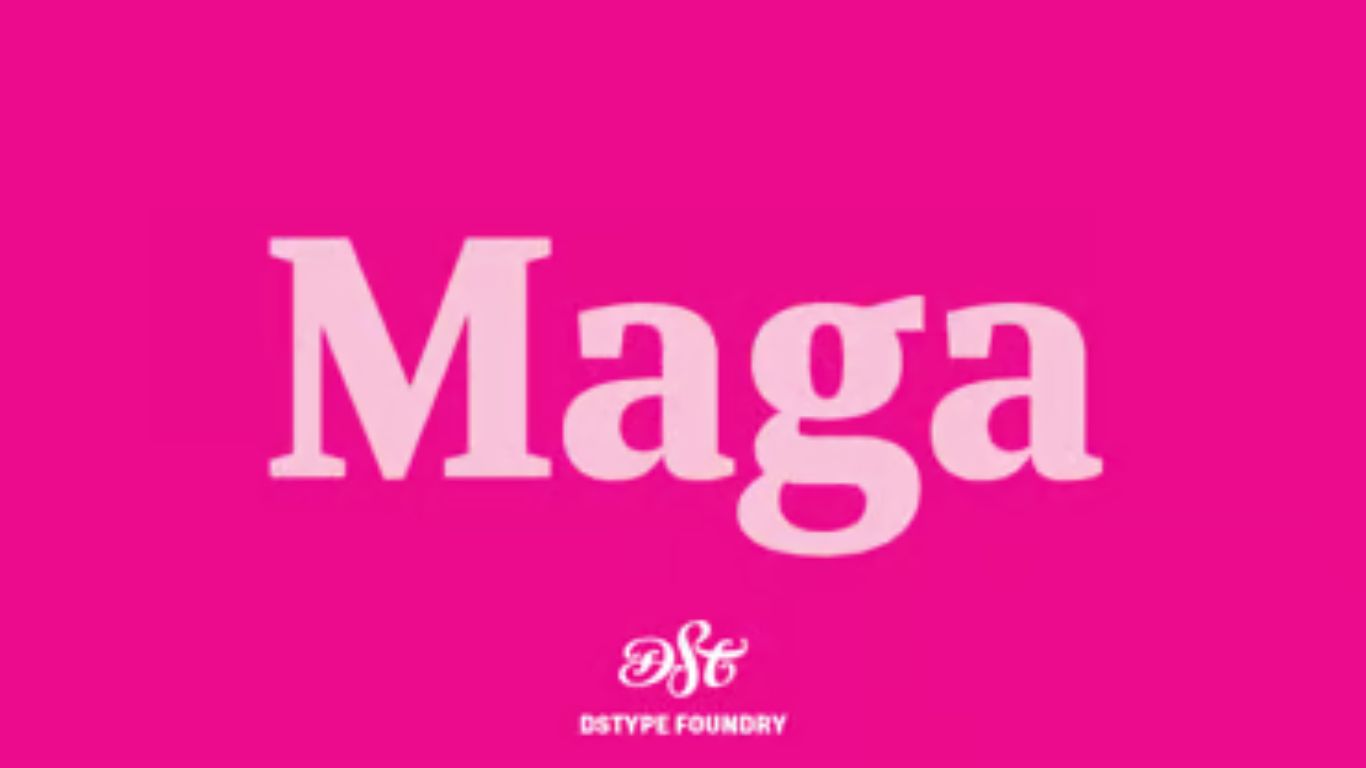Drudgery 7 Little Words: Unlock the Joy of Word Solving

Word puzzles have always been a captivating pastime, offering an irresistible mix of fun and challenge. Among these, “7 Little Words” stands out as a unique puzzle game, combining elements of crosswords, anagrams, and trivia. One particular clue that seems to puzzle many is “drudgery 7 little words.” While the term “drudgery” might suggest tedious work, solving such clues is anything but dull. This article dives deep into the world of “7 Little Words,” exploring its nuances, strategies to solve challenging clues like “drudgery,” and why word puzzles are an exciting way to engage your mind.
Understanding the Basics of 7 Little Words
“7 Little Words” is more than a word game; it’s an experience that encourages both critical thinking and vocabulary building. Players are presented with a list of clues and a collection of letter tiles. The objective? To piece together the tiles to form seven words that match the given clues. While this sounds straightforward, the clues can often be tricky or abstract, as is the case with “drudgery 7 little words.”
How the Game Works
The game format is simple yet ingenious. Each clue corresponds to a word, and the tiles provided are fragments of those words. Players must combine these fragments to form coherent answers. For example, the clue “drudgery” might hint at synonyms like “toil,” “grind,” or “labor.” However, not every clue is so direct, requiring a keen eye for detail and a willingness to think outside the box.
The Appeal of Abstract Clues Like Drudgery
What makes “7 Little Words” so addictive is the way it challenges players to think in multiple dimensions. Clues like “drudgery” aren’t just about vocabulary; they push you to consider synonyms, related concepts, and even idiomatic expressions. It’s a reminder that language is dynamic, and there’s always more than one way to express an idea.
Drudgery 7 Little Words: Breaking It Down
When faced with the clue “drudgery” in “7 Little Words,” many players initially feel stumped. After all, the word itself evokes images of monotonous or tiring work. But within the context of a word puzzle, drudgery transforms into a delightful mental challenge.
Common Synonyms and Solutions
Clues like “drudgery” are typically linked to terms that denote hard work or monotony. Words such as “grind,” “toil,” or “effort” often serve as solutions. However, it’s essential to examine the letter tiles provided carefully, as they dictate the possible answers. Sometimes, a less obvious synonym might be the correct one, which keeps players on their toes.
Tips for Tackling Difficult Clues
To successfully solve tricky clues like “drudgery,” players should adopt a few proven strategies:
- Analyze Word Length: Each answer in “7 Little Words” has a specific number of letters. Knowing this can help narrow down potential solutions.
- Look for Patterns: Certain letter combinations appear frequently in English. Identifying these can provide valuable hints.
- Use Elimination: If a word doesn’t fit the clue or the available tiles, discard it and explore other options.
- Think Creatively: Clues like “drudgery” often involve lateral thinking, so don’t be afraid to approach the problem from different angles.
The Science Behind Word Puzzles
While solving “drudgery 7 little words” might feel like pure entertainment, there’s actually a lot of science at play. Word puzzles are known to stimulate the brain, improve cognitive function, and enhance memory.
Mental Benefits of Puzzle Solving
Engaging with puzzles activates both hemispheres of the brain. The logical left side handles the analytical aspects, such as deciphering clues and organizing letters, while the creative right side interprets abstract ideas and forms connections. This dual activation not only sharpens mental acuity but also fosters problem-solving skills.
Stress Relief Through Engagement
In a world filled with constant distractions, focusing on a single task like solving a puzzle can be surprisingly calming. Clues like “drudgery” might initially feel overwhelming, but the satisfaction of finding the correct answer provides a sense of accomplishment that combats stress and boosts morale.
Why “Drudgery 7 Little Words” Resonates with Players
There’s something inherently satisfying about cracking a challenging clue. For many, the word “drudgery” symbolizes life’s mundane tasks. However, in the context of a puzzle, it takes on a new meaning—one of persistence, determination, and eventual triumph.
Relating the Clue to Everyday Life
The concept of drudgery isn’t limited to word puzzles; it’s a universal experience. Whether it’s completing a long workday or tackling household chores, everyone encounters their own version of “drudgery.” Recognizing this connection makes solving the clue even more rewarding, as it transforms a seemingly mundane word into a symbol of victory.
Community and Shared Experiences
Another reason “7 Little Words” resonates with players is the sense of community it fosters. Discussing clues like “drudgery” with friends, family, or online forums allows players to share insights and strategies. This collaborative spirit enhances the game’s appeal and turns individual challenges into collective triumphs.
How to Improve Your Puzzle-Solving Skills
Becoming proficient at “7 Little Words” requires practice, patience, and a willingness to learn. Here are some actionable tips to help players master even the trickiest clues:
Expand Your Vocabulary
The broader your vocabulary, the easier it becomes to recognize synonyms and related terms. Reading books, exploring new topics, and engaging with language-focused games can all contribute to a more extensive word bank.
Practice Pattern Recognition
Many puzzles rely on common linguistic patterns. Familiarizing yourself with these can make it easier to identify potential solutions quickly.
Seek Inspiration
If you’re stuck on a clue like “drudgery,” don’t hesitate to seek inspiration from external sources. Online forums, puzzle guides, and language resources can all provide valuable insights without directly giving away the answer.
Embrace the Process
Above all, remember that puzzles are meant to be enjoyable. While clues like “drudgery” might initially feel frustrating, they’re ultimately designed to challenge and entertain. Embrace the process, celebrate small victories, and don’t be afraid to make mistakes along the way.
FAQs
What is the solution for “drudgery 7 little words”?
The solution varies depending on the specific puzzle. Common answers include synonyms like “toil,” “grind,” or “labor.”Why is “7 Little Words” so popular?
The game’s unique blend of simplicity and complexity makes it appealing to players of all ages. It challenges the mind while providing a satisfying sense of accomplishment.How can I improve my skills in “7 Little Words”?
Practice regularly, expand your vocabulary, and develop a keen eye for patterns. Engaging with language-focused resources can also help.What makes “drudgery” a challenging clue?
The abstract nature of the word and its many synonyms make it tricky. Players must think creatively and consider less obvious connections.Are word puzzles good for mental health?
Yes! Puzzles stimulate the brain, improve memory, and provide stress relief, making them an excellent mental exercise.Where can I find more challenging word puzzles?
In addition to “7 Little Words,” explore crosswords, anagrams, and other word-based games. Many online platforms and mobile apps offer a variety of options.











